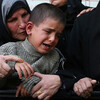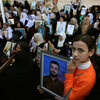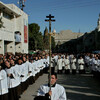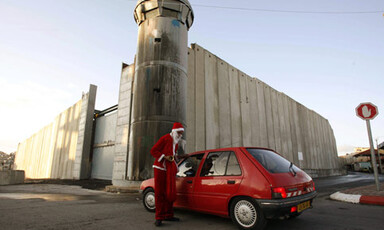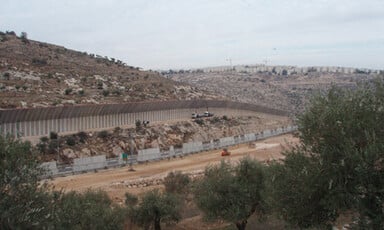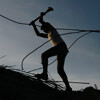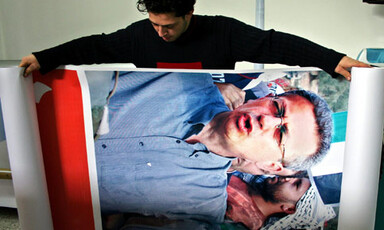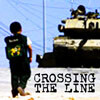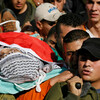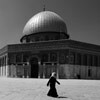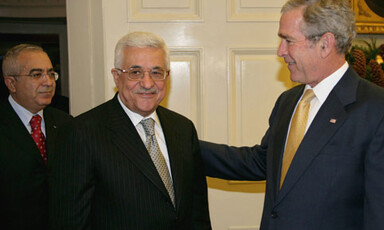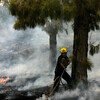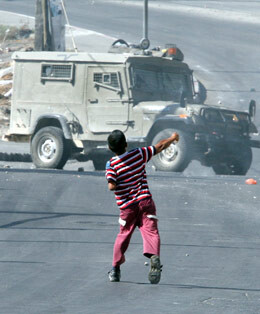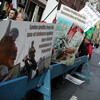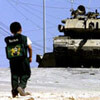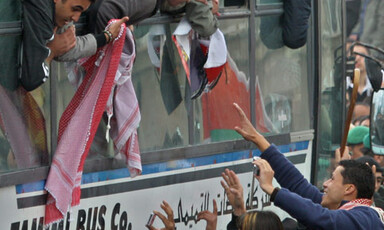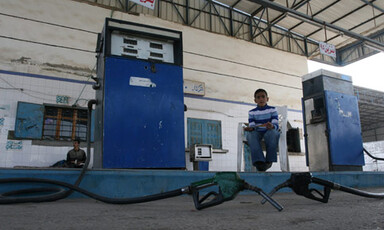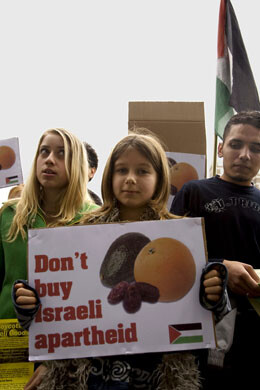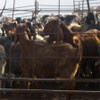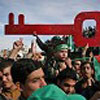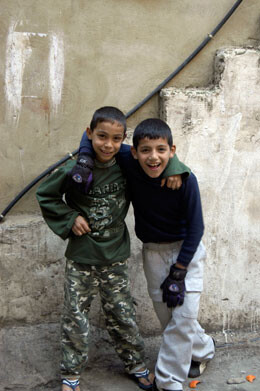
When is it the Palestinians' turn?
Shatila refugee camp, Lebanon 1 January 2008
The four of us sat in the tight confines of a shop nestled in the curving alleyways of Shatila, a Palestinian refugee camp established to house those whose families fled historical Palestine in 1948. Twenty-five years ago this then little-known camp — along with a nearby area called Sabra — was also the site of a bloody massacre that left more than 2,000 Palestinians dead at the hands of Phalangist militias backed by the Israeli army. EI contributor Christopher Brown writes from the Shatila refugee camp. Read more about When is it the Palestinians' turn?
